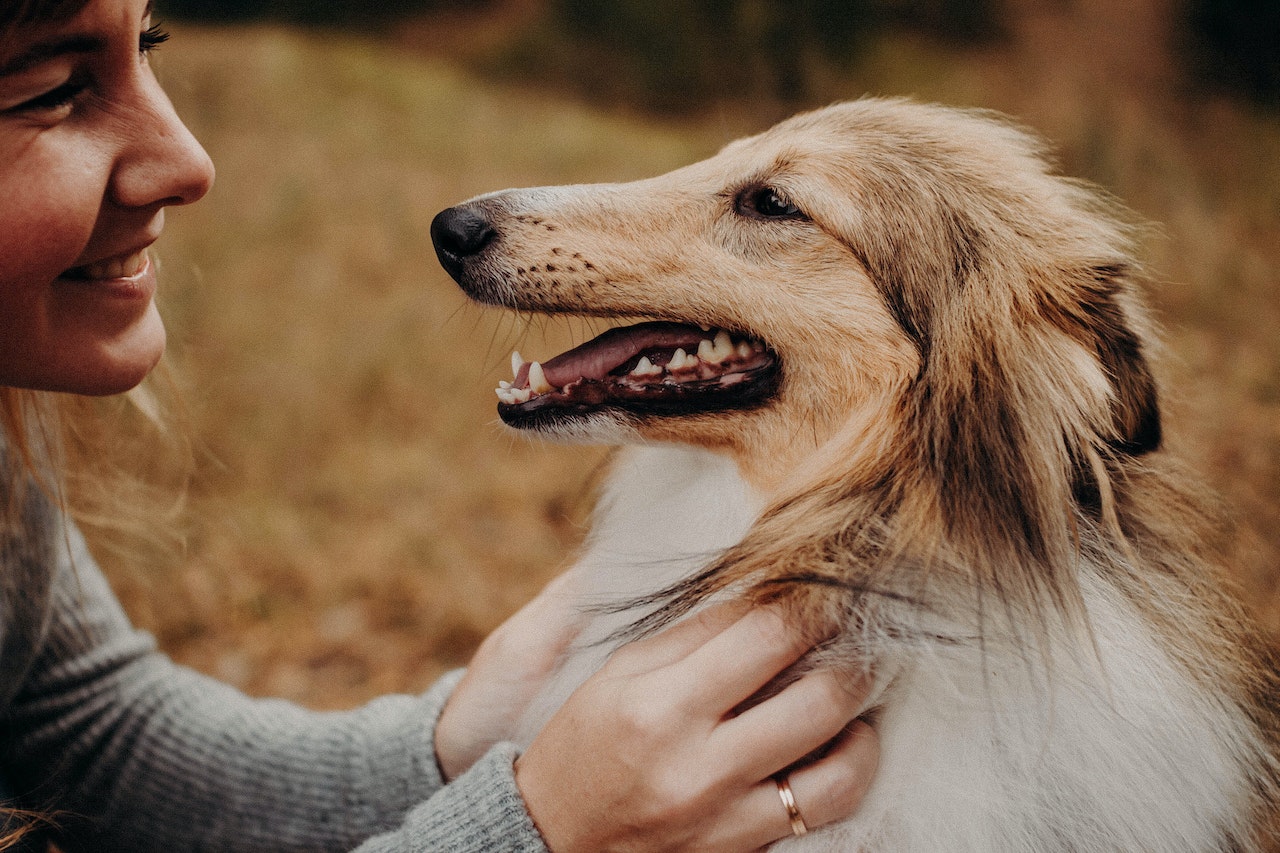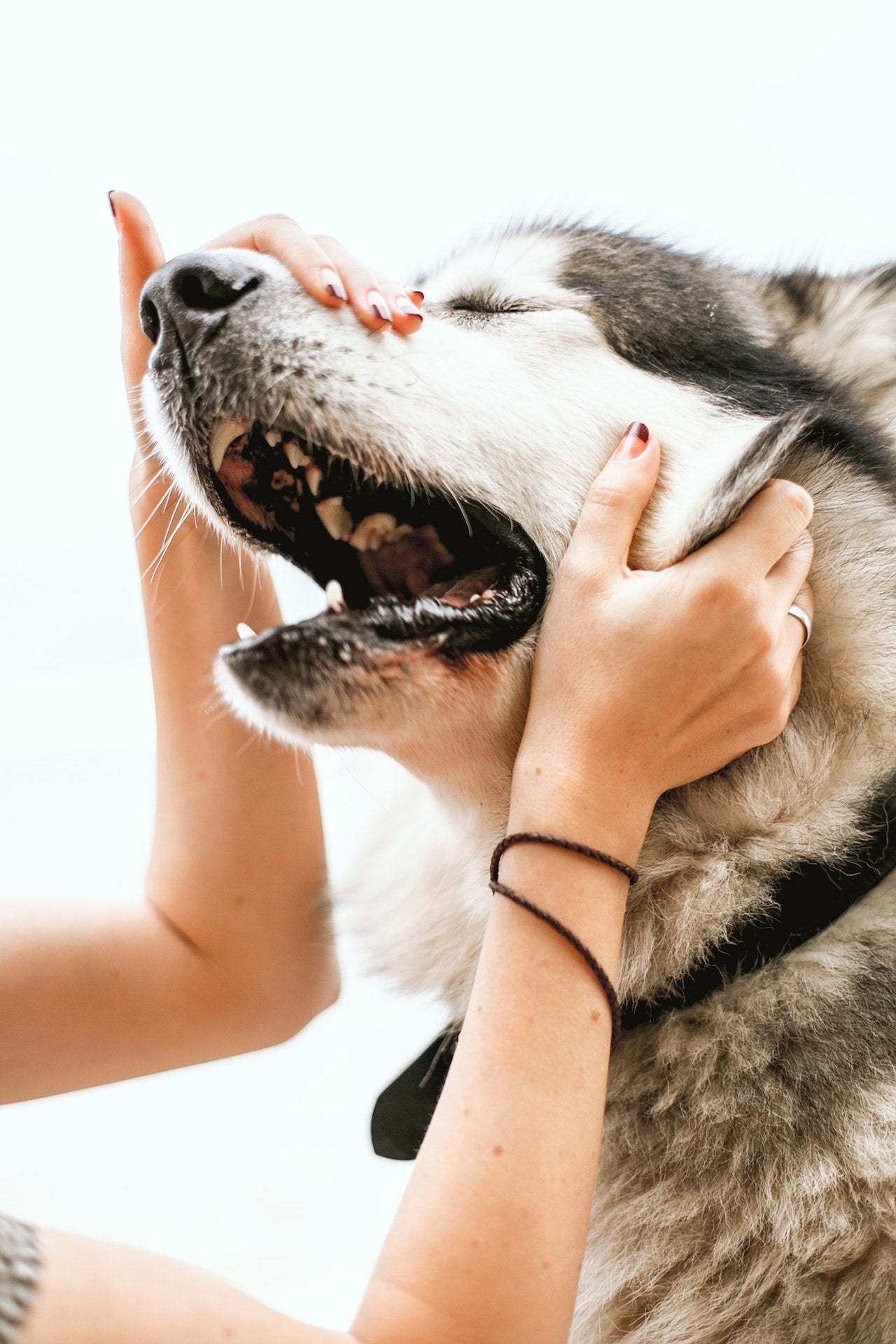
Guilt is an emotion that is often associated with the human experience. It is a complex emotion that arises when we believe we have done something wrong or have failed to meet a certain standard. Many pet owners often wonder if their dogs can experience guilt, especially when they behave in a certain way that suggests they feel remorse for something they did. In this article, we will explore the question, "Can dogs feel guilty?".
What Does it Mean to Feel Guilty?
Guilt is a complex emotion that arises when we believe we have done something wrong or failed to meet a certain standard. It involves a sense of responsibility for our actions and a desire to make amends. Guilt can be a healthy emotion as it motivates us to take responsibility for our actions, make amends, and avoid making the same mistakes in the future.
Can Dogs Feel Guilty?
While dogs may exhibit behavior that suggests they feel guilt, it is unclear if they are actually experiencing the emotion of guilt. Dogs are social animals and have evolved to be very good at reading human emotions and body language. When a dog exhibits behavior that appears to be guilty, such as avoiding eye contact or slinking away, it may be because they have learned that certain actions are associated with punishment, rather than feeling guilty for what they did.

Reasons Why Dogs Might Appear to Feel Guilt
Dogs are known for their ability to read human emotions and body language. As a result, they may exhibit behavior that appears to be guilt. However, there are several reasons why dogs might appear to feel guilt, even though they are not capable of experiencing the complex emotion of guilt.
Associative Learning
Dogs are very good at learning through association. If a dog has been punished in the past for a certain behavior, such as chewing on a shoe or stealing food from the table, they may associate that behavior with punishment. When the dog exhibits the same behavior again, they may exhibit behavior that appears to be guilty, such as avoiding eye contact or slinking away, as a way of avoiding punishment.
Fear of Punishment
Dogs are sensitive to their owner's emotions and can sense when they are angry or upset. If a dog senses that their owner is upset, they may exhibit behavior that appears to be guilty as a way of avoiding punishment. This is particularly true if the owner has a history of punishing the dog for certain behaviors.
Submission
Dogs are pack animals that have evolved to live in hierarchical social groups. In a pack, there is a clear hierarchy, with dominant members having more privileges and lower-ranking members being punished for disobedience. Dogs may exhibit behavior that appears to be guilty as a way of submitting to their owner's authority. This behavior can be especially common in dogs that have not been properly trained or socialized.
Body Language
Dogs are very good at reading human body language and can pick up on subtle cues that indicate that their owner is unhappy or angry. When a dog exhibits behavior that appears to be guilty, such as avoiding eye contact or slinking away, it may simply be responding to their owner's emotional state.
Overall, while dogs may exhibit behavior that appears to be guilt, it is important to remember that dogs are not capable of experiencing the complex emotion of guilt in the same way that humans do. Rather, dogs may be exhibiting behavior that is based on associative learning, fear of punishment, submission to authority, or a response to their owner's body language. It is important for owners to avoid punishing their dogs for past behavior, as this can lead to anxiety and fear in the dog. Instead, owners should focus on positive reinforcement training and clear communication to help their dogs learn appropriate behaviors and avoid behaviors that may lead to punishment or feelings of guilt.
Other Considerations
There are a few other considerations to keep in mind when it comes to dogs and guilt:
- Anthropomorphism: Anthropomorphism is the act of attributing human emotions and characteristics to non-human entities, such as animals. While it is natural to want to understand and empathize with our pets, it is important to remember that dogs do not experience emotions in the same way that humans do. Therefore, we should be cautious about projecting human emotions onto our dogs and assuming that they feel guilt in the same way that we do.
- Physical Cues: It is important to consider the physical cues that a dog is exhibiting when they appear to feel guilty. Dogs may exhibit behaviors such as lowered ears, tucked tails, or avoidance of eye contact when they are feeling anxious or afraid, rather than guilty. Therefore, it is important to look for a combination of physical and behavioral cues to better understand what your dog is feeling.
- Training and Socialization: Proper training and socialization can go a long way in preventing unwanted behaviors in dogs. By providing clear rules and consistent training, dogs can learn appropriate behaviors and avoid behaviors that may lead to feelings of guilt or anxiety. Additionally, socialization can help dogs learn appropriate social cues and avoid behaviors that may lead to conflict or punishment.
- Medical Concerns: In some cases, dogs may exhibit unwanted behaviors or appear to feel guilty as a result of underlying medical concerns. For example, dogs with gastrointestinal issues may exhibit behaviors such as flatulence or vomiting that can be mistaken for misbehavior or guilt. Therefore, it is important to rule out any underlying medical concerns before assuming that a dog's behavior is due to feelings of guilt.
In conclusion, while dogs may exhibit behavior that appears to be guilt, it is important to consider a variety of factors before jumping to conclusions about their emotions or motivations. By understanding the reasons why dogs may appear to feel guilty, we can better empathize with our pets and provide them with the appropriate training, socialization, and medical care they need to thrive.
Concluding words
In conclusion, while it is tempting to believe that dogs can feel guilt, the evidence suggests that they do not experience emotions in the same way that humans do. However, dogs are intelligent and sensitive animals, and they are capable of learning from their experiences and responding to their environment in ways that may appear to be guilt. By understanding the physical and behavioral cues that dogs exhibit, as well as the reasons why they may appear to feel guilty, we can better communicate with and care for our furry friends. Ultimately, by providing them with love, attention, and appropriate training, we can help our dogs live happy, healthy, and fulfilling lives.



